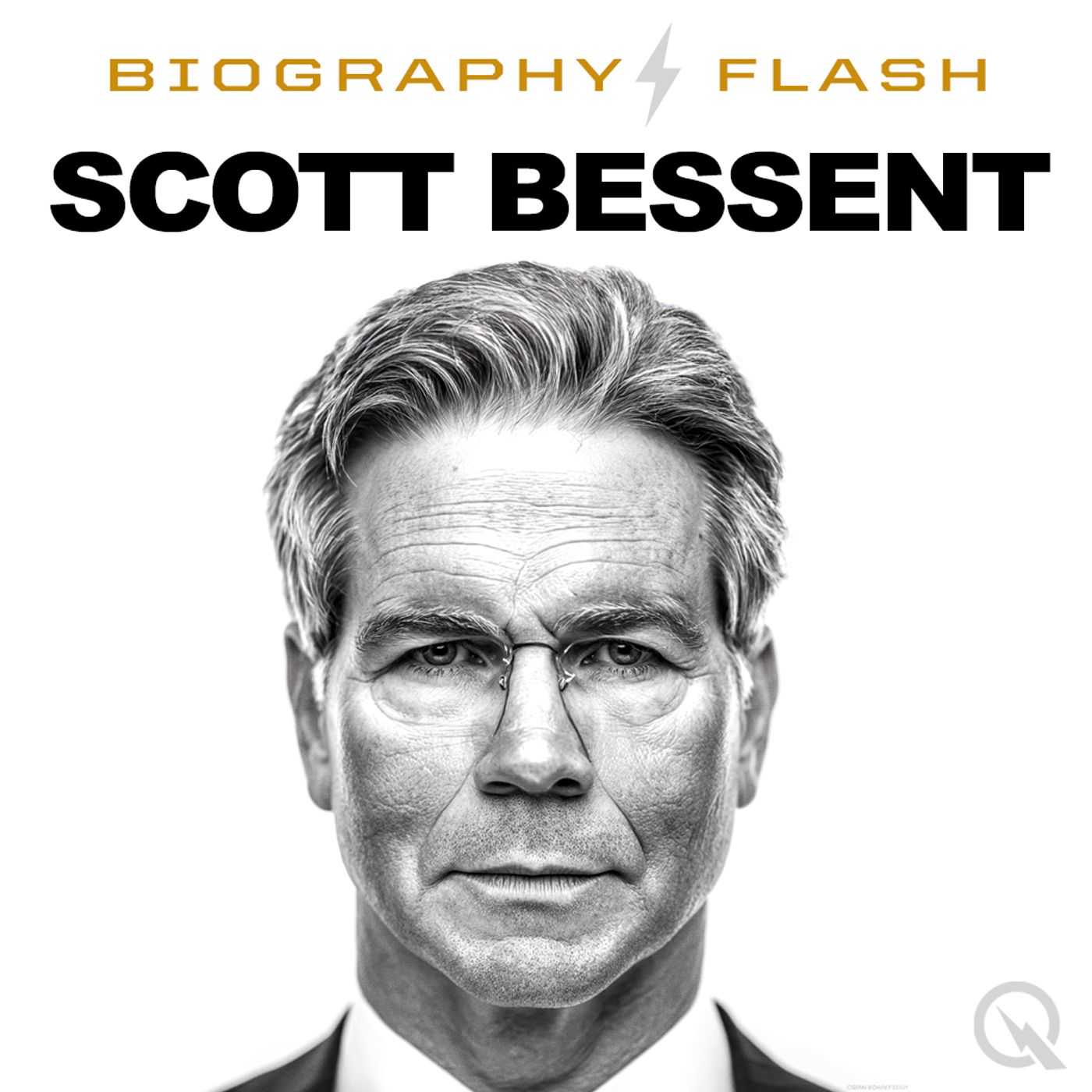Podcast Episode Details
Back to Podcast Episodes
United States Treasury Secretary Pushes for Drastic Federal Reserve Rate Cuts
United States Treasury Secretary Scott Bessent has made headlines over the past several days by publicly calling for the Federal Reserve to make a substantial cut to interest rates. Bessent stated in an interview with Bloomberg that he believes the benchmark should be lowered by at least one and a half percentage points. He has argued that the current lending rate for banks, which sits between four point two five and four point five percent, is too high. Bessent has proposed that the rate should fall between one and a half to one point seven five percentage points lower and supports the idea of starting with a fifty basis point cut at the September meeting.
Bessent’s position aligns closely with President Donald Trump, who has also called for the Federal Reserve to take more urgent action to reduce rates despite mounting inflation concerns among leading economists. Both Bessent and Trump have argued against the central bank’s reluctance to lower borrowing costs, emphasizing that lower rates could counteract the economic drag created by high tariffs. Federal Reserve Chair Jerome Powell has pointed to the ongoing uncertainty associated with tariffs as a key reason for holding rates steady, even as consumer prices have edged up to a two point seven percent inflation rate in recent months. This tug-of-war is expected to intensify, especially with Stephen Miran’s nomination to the Federal Reserve Board, which could tilt decision-making in favor of rate cuts if confirmed.
In another major story, Bessent has backed President Trump’s surprise deal with Nvidia and Advanced Micro Devices, which requires both companies to contribute fifteen percent of their semiconductor chip sales in China to the United States government. This export revenue-sharing agreement, described by Bessent as a potential template for other sectors, lets both tech giants continue selling advanced chips to Chinese markets while generating revenue for the national debt. Bessent highlighted that the new deal, while not a tax in the traditional sense, creates a condition attached to the export license. Despite strong praise from the administration, this approach has already sparked debate among legal and trade experts, with some calling the mechanism unprecedented and questioning its legality since Congress did not approve the measure.
Bessent has further outlined plans to expand similar revenue-sharing models and hinted at additional measures to address housing affordability and tariffs, promising a strategic and results-oriented course for American trade and economic policy.
Thank you for tuning in and make sure to subscribe. This has been a quiet please production, for more check out quiet please dot ai.
For more http://www.quietplease.ai
Get the best deals https://amzn.to/3ODvOta
This content was created in partnership and with the help of Artificial Intelligence AI
Published on 4 months, 1 week ago